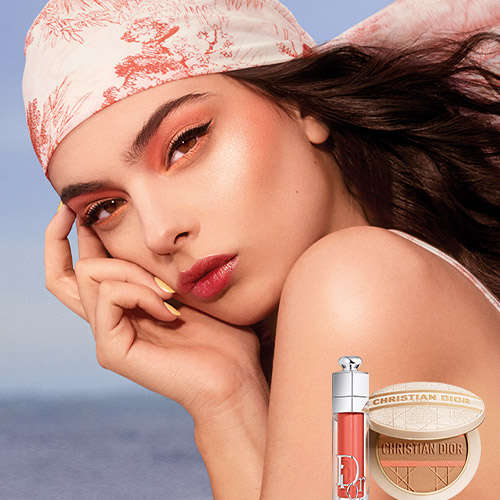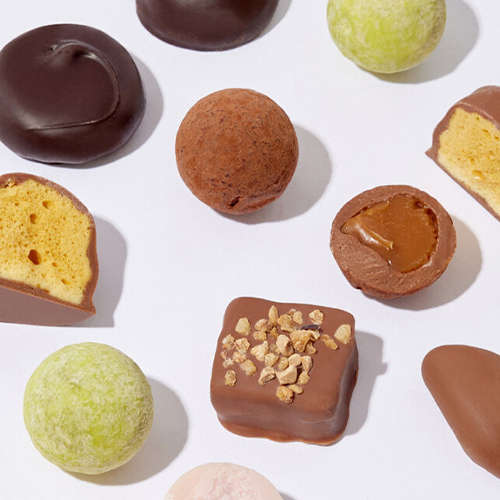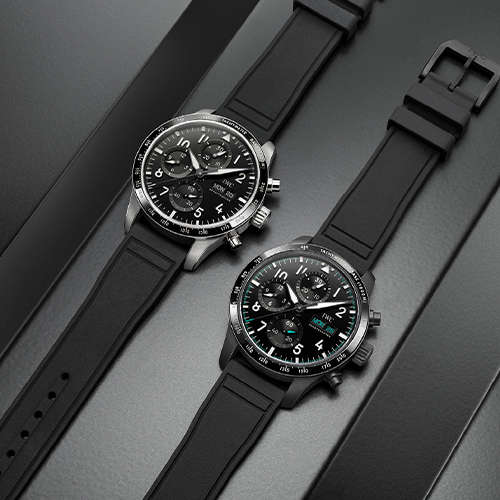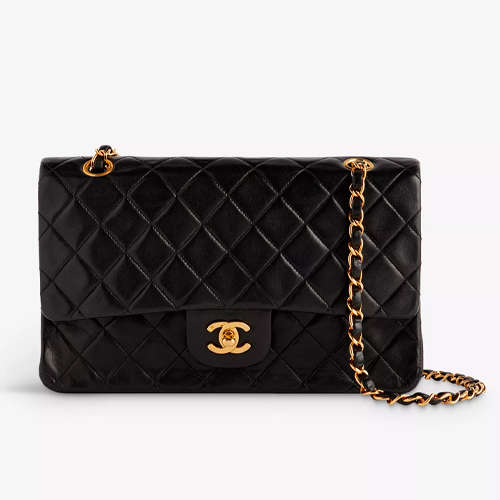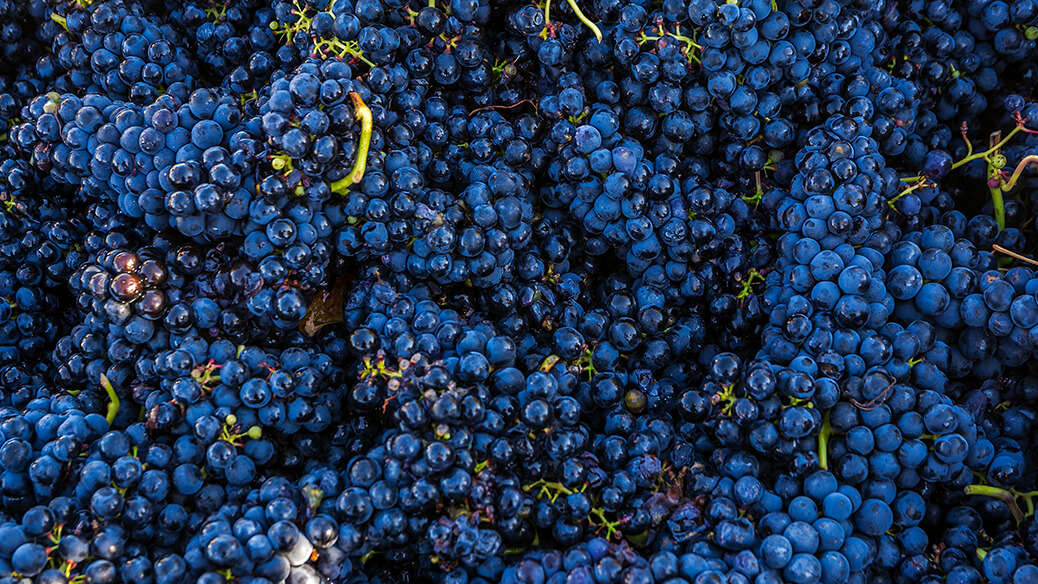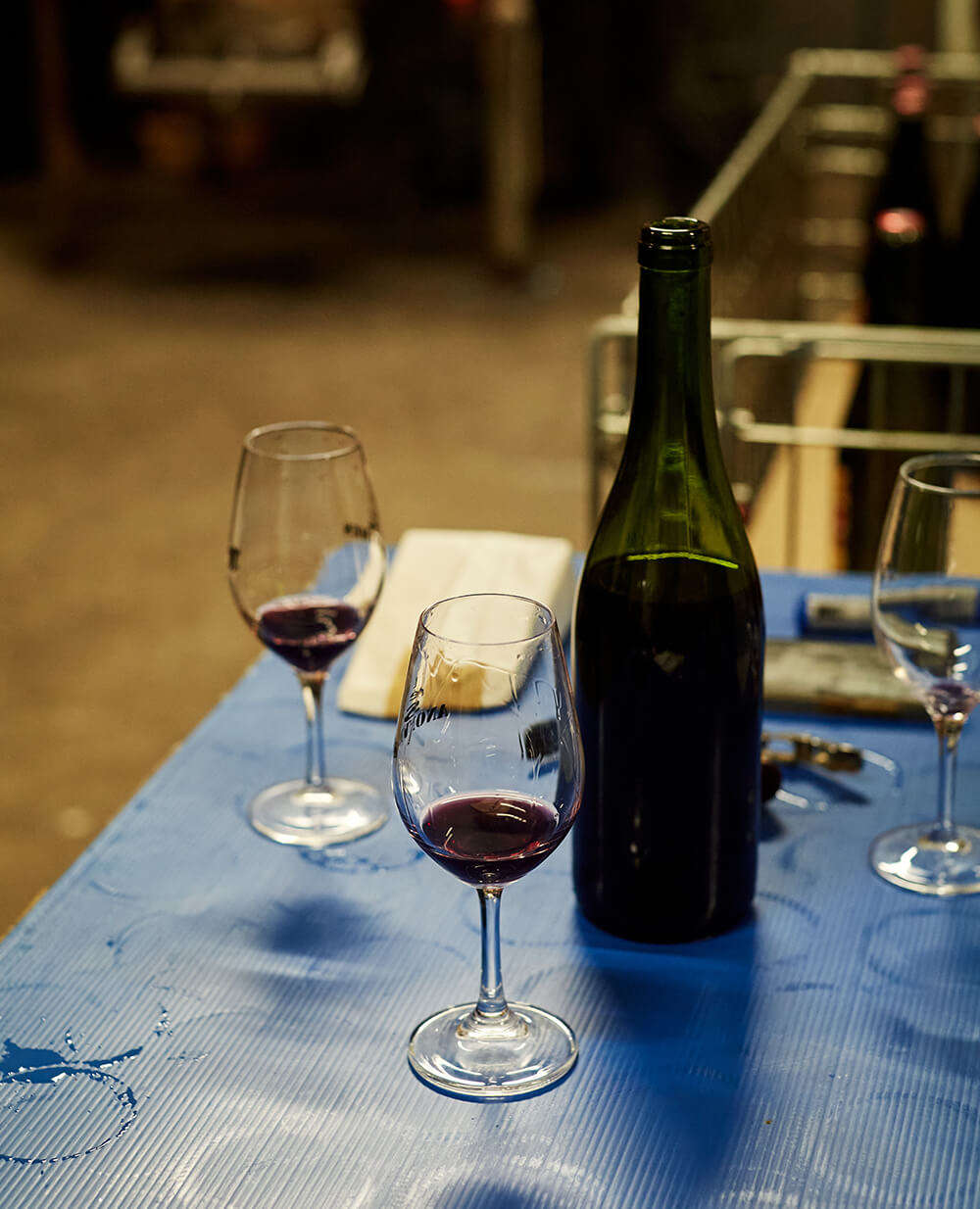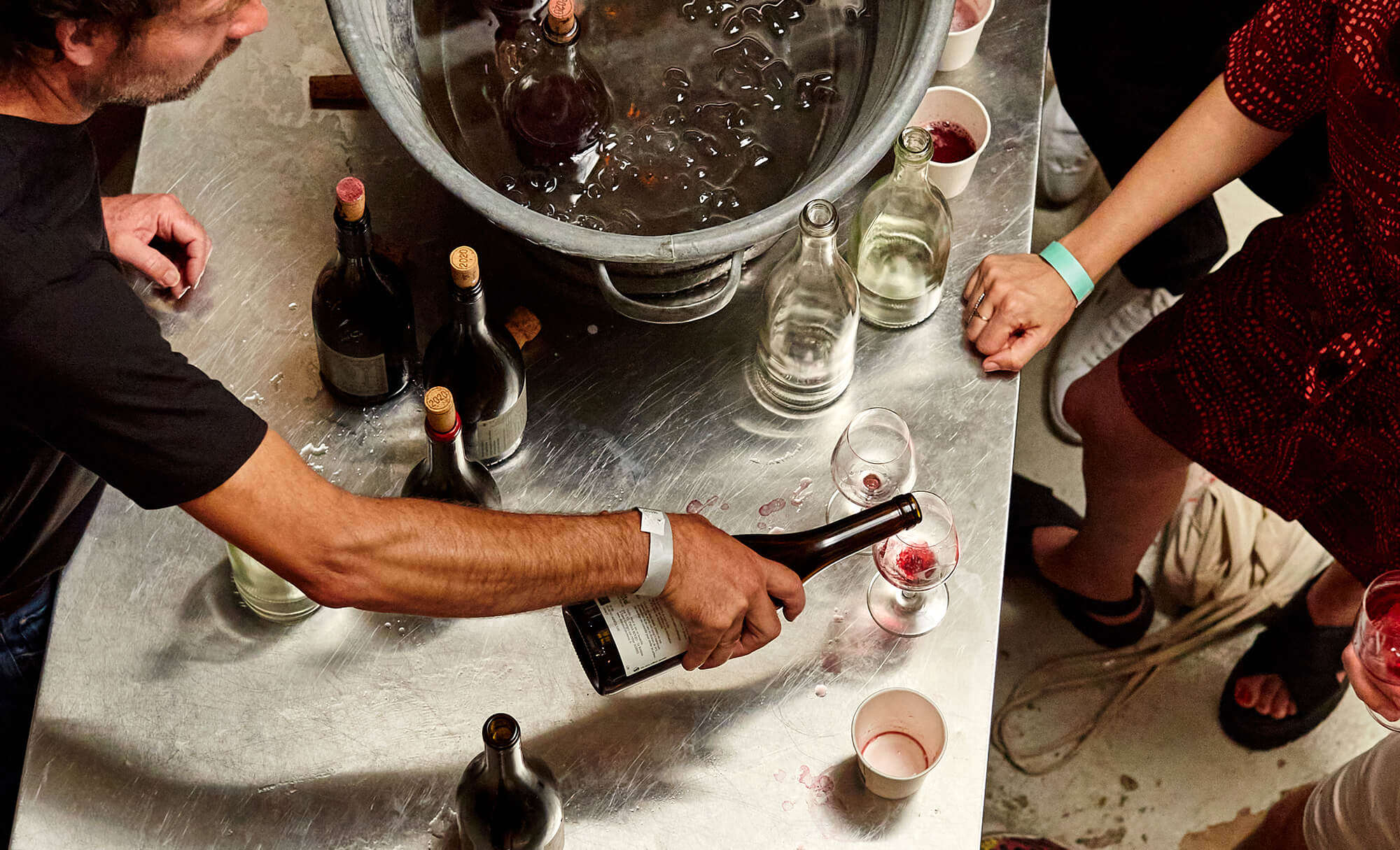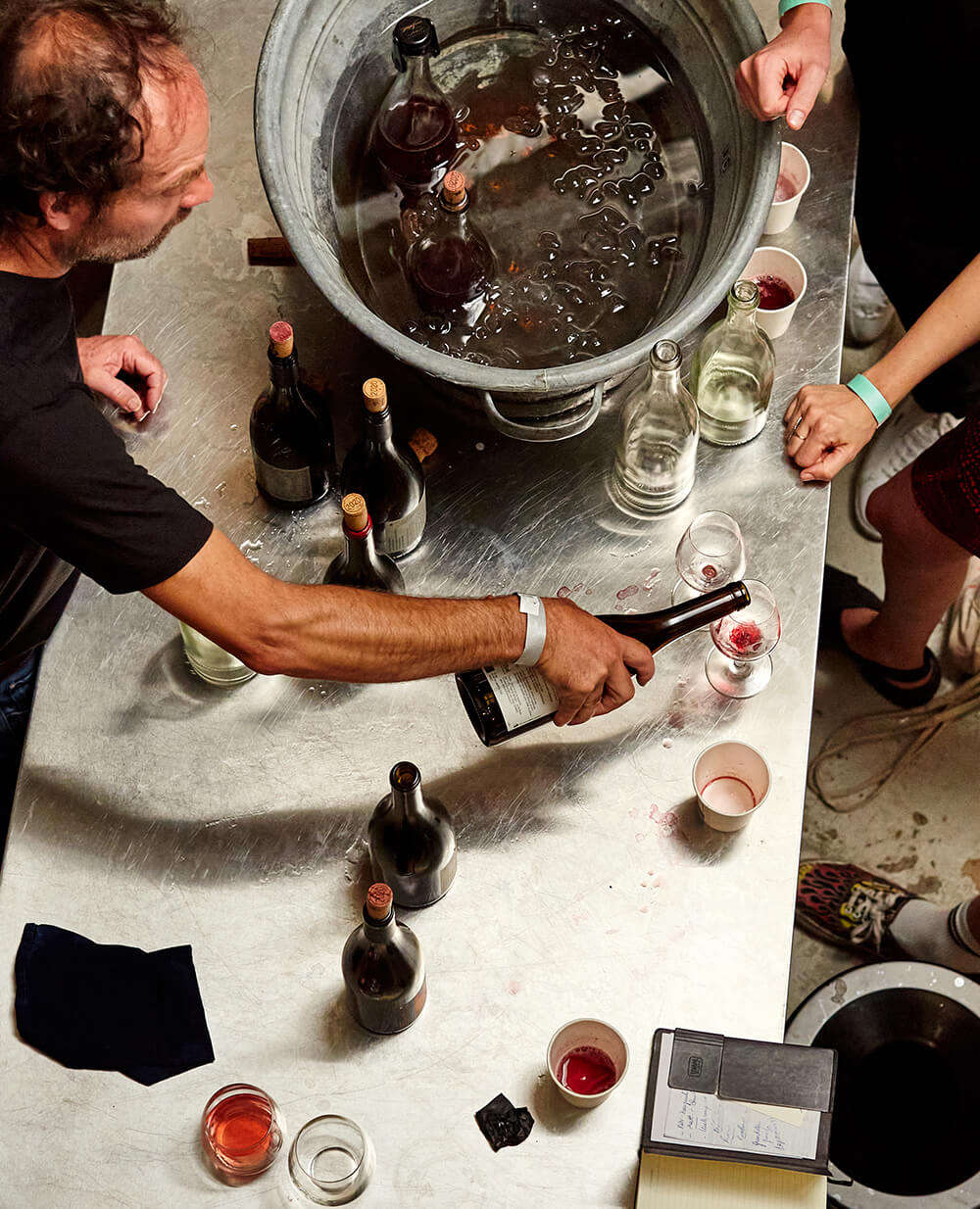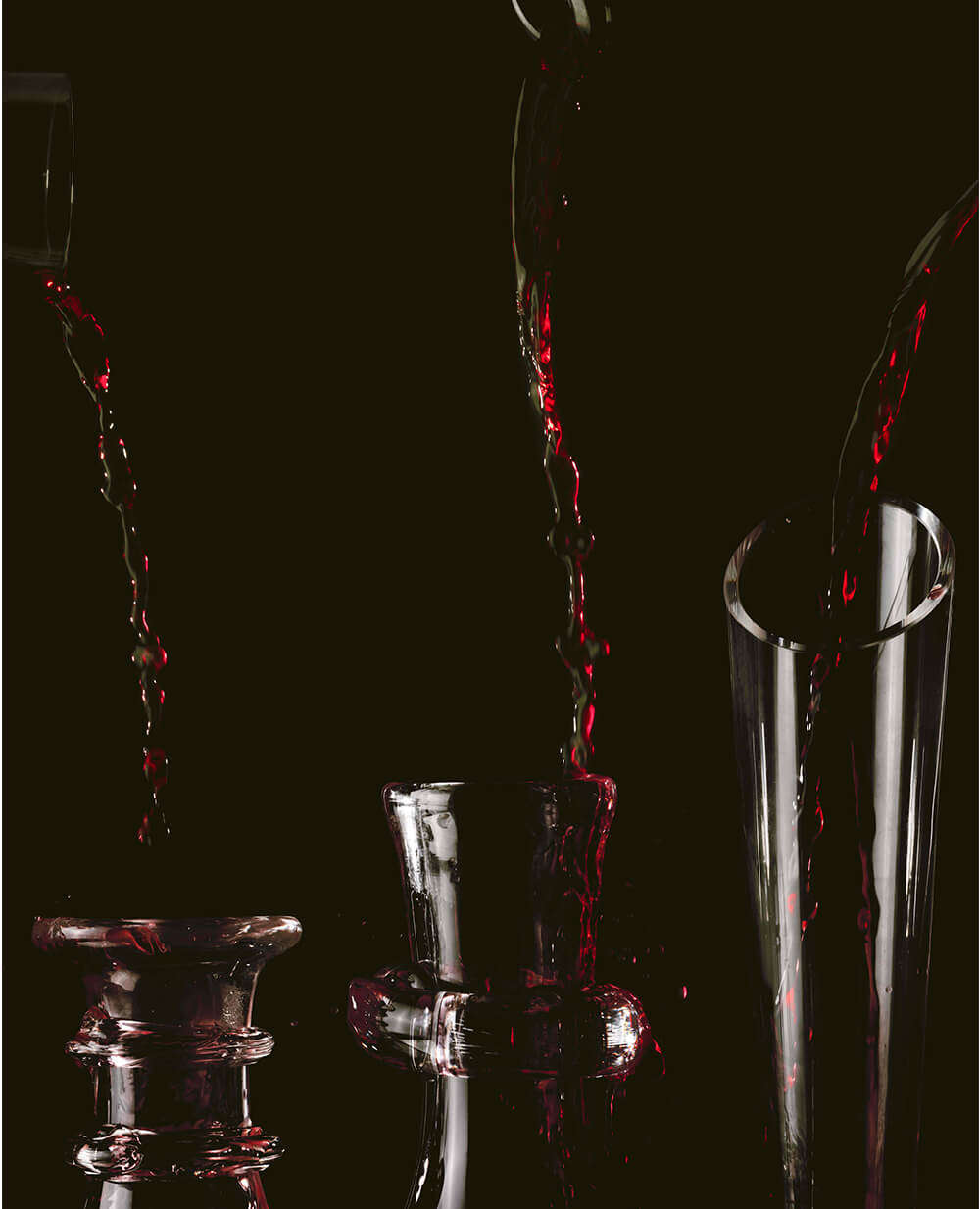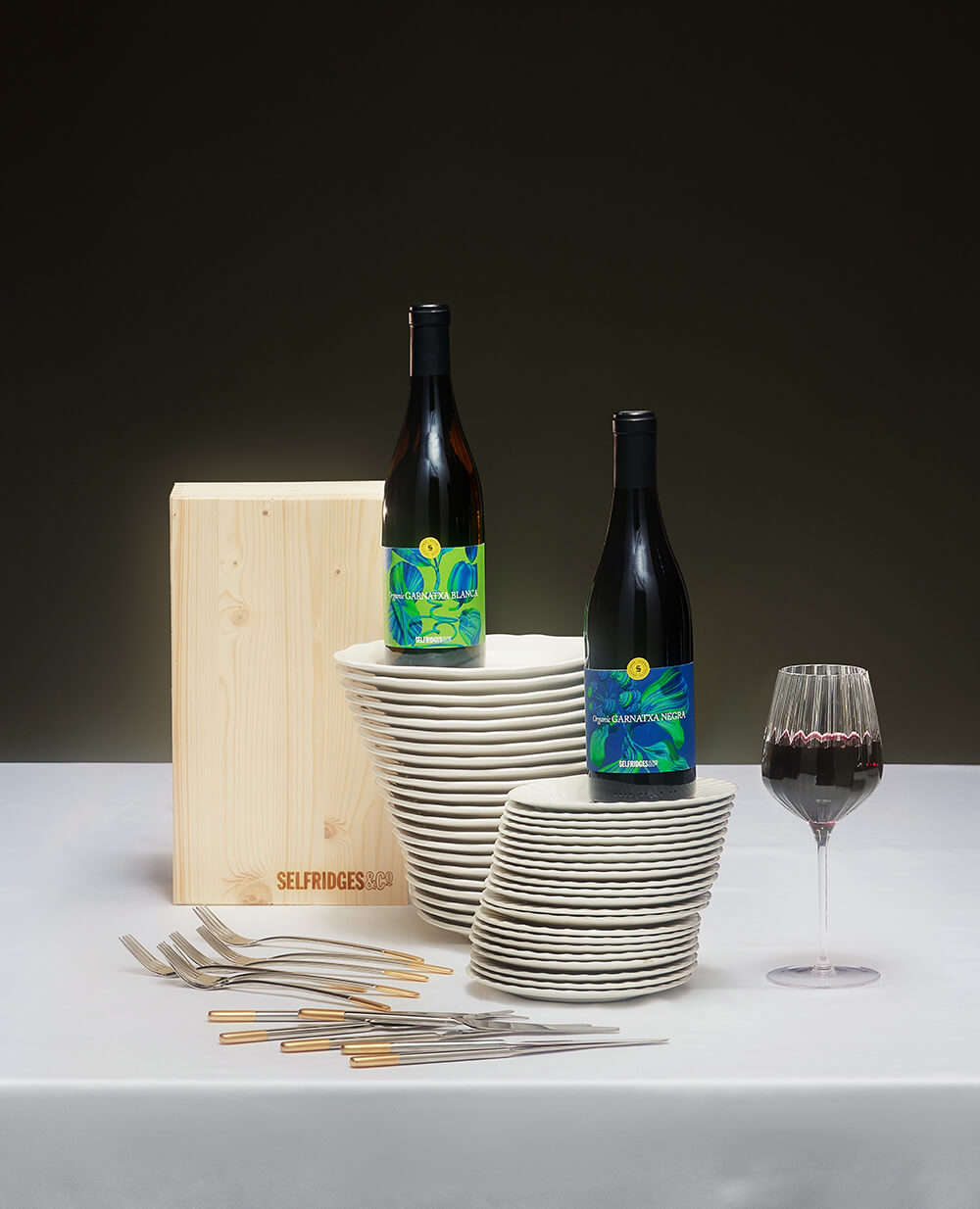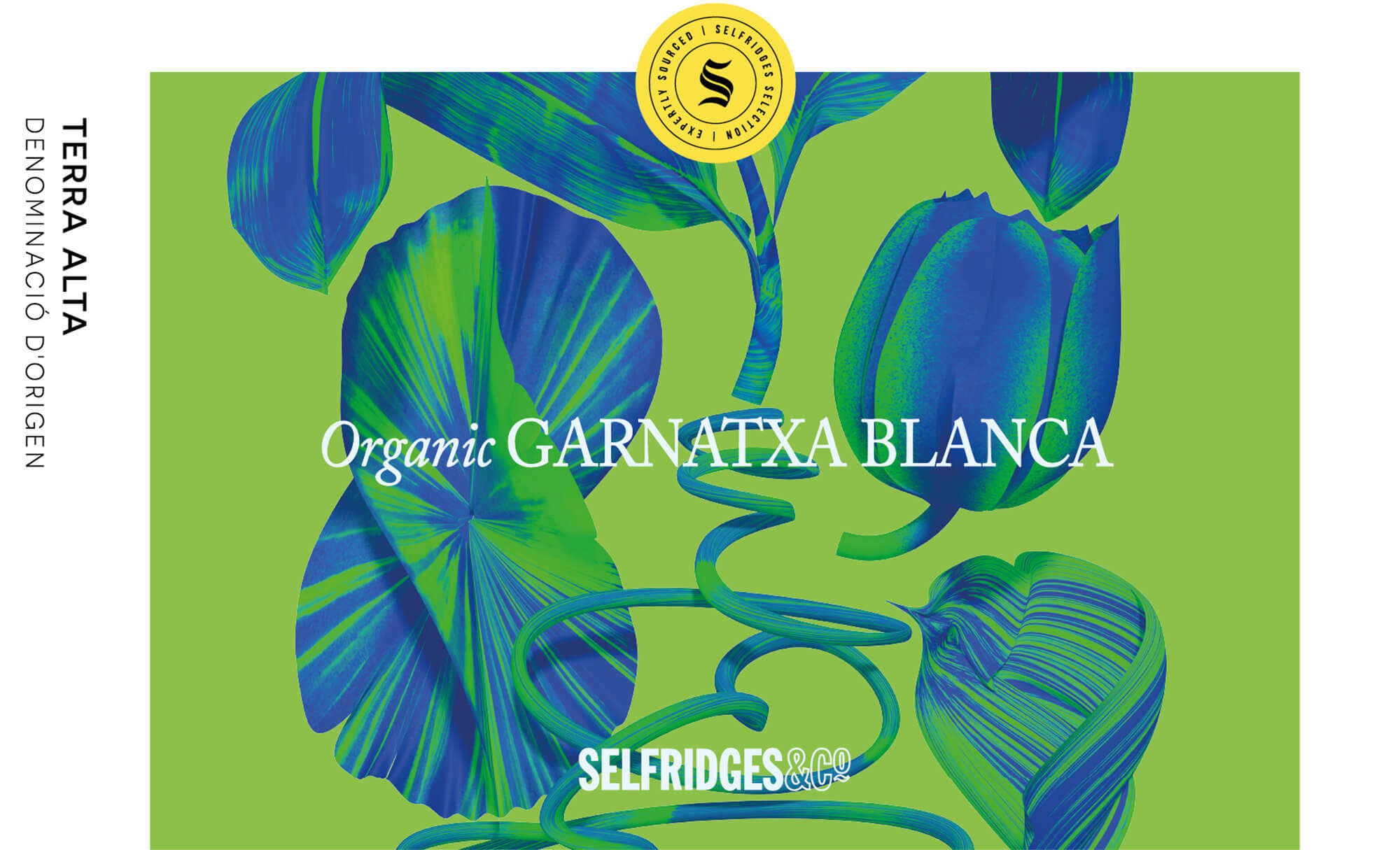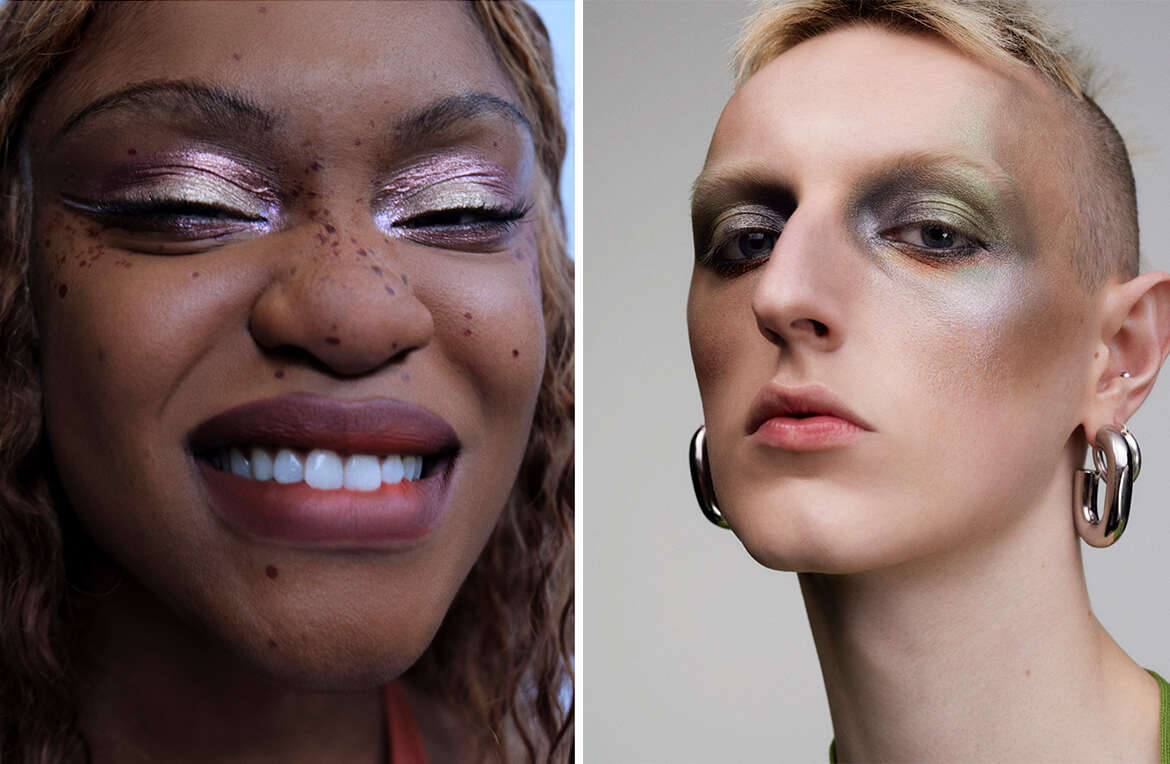- Australia / AUD $
- Canada / CAD $
- China / CNY ¥
- France / EUR €
- Germany / EUR €
- Hong Kong SAR China / HKD $
- Ireland / EUR €
- Italy / EUR €
- Japan / YEN ¥
- Kuwait / USD $
- Macao SAR China / HKD $
- Netherlands / EUR €
- Qatar / USD $
- Saudi Arabia / USD $
- Singapore / SGD $
- South Korea / KRW ₩
- Spain / EUR €
- Taiwan / TWD $
- United Arab Emirates / USD $
- United Kingdom / GBP £
- United States / USD $
- Not yours? Read more
Tell us what you think
Shop in your local currency and language
You are currently in Spain ES / EUR € store
- English
- English
- English
- English
- English
- English
- English
- English
- English
- English
- English
- English
- English
- English
- English
- English
- English
- English
- English
- English
- English
Did you know that we deliver to 130 countries or regions and offer a range of delivery options to suit you wherever you are in the world? Find out more
Sign up once to our Selfridges+ service and you can enjoy unlimited deliveries wherever you are in the world. FIND OUT MORE
International delivery
With almost everything on selfridges.com available for International Delivery, you can send your order to 130 countries or regions around the world, including North America, Australia, the Middle East and China.
Although we only offer 20 currencies to browse in online, you can still deliver to all of the following countries or regions:
- Algeria
- Andorra
- Antigua and Barbuda
- Aruba
- Australia
- Austria
- Azerbaijan
- Bahrain
- Bangladesh
- Barbados
- Belarus
- Belgium
- Belize
- Bermuda
- Bolivia
- Botswana
- Brunei
- Bulgaria
- Cambodia
- Canada
- Cayman Islands
- Chile
- China
- Colombia
- Costa Rica
- Croatia
- Cyprus
- Czech Republic
- Denmark
- Dominica
- Dominican Republic
- Ecuador
- Egypt
- El Salvador
- Estonia
- Finland
- France
- French Guiana
- Germany
- Gibraltar
- Greece
- Grenada
- Guadeloupe
- Guatemala
- Guernsey
- Guyana
- Honduras
- Hong Kong
- Hungary
- Iceland
- India
- Indonesia
- Ireland
- Israel
- Italy
- Jamaica
- Japan
- Jersey
- Jordan
- Kazakhstan
- Kenya
- Kuwait
- Laos
- Latvia
- Lebanon
- Lesotho
- Liechtenstein
- Lithuania
- Luxembourg
- Macau
- Malaysia
- Maldives
- Malta
- Martinique
- Mayotte
- Mexico
- Monaco
- Montserrat
- Morocco
- Myanmar
- Namibia
- Netherlands
- New Zealand
- Nicaragua
- Nigeria
- Norway
- Oman
- Pakistan
- Panama
- Paraguay
- Peru
- Philippines
- Poland
- Portugal
- Puerto Rico
- Qatar
- Reunion
- Romania
- Rwanda
- Saint Kitts and Nevis
- Saint Lucia
- Saint Martin (French part)
- San Marino
- Saudi Arabia
- Serbia
- Singapore
- Slovakia
- Slovenia
- South Africa
- South Korea
- Spain
- Sri Lanka
- Suriname
- Swaziland
- Sweden
- Switzerland
- Taiwan
- Tanzania
- Thailand
- Trinidad and Tobago
- Turkey
- Uganda
- Ukraine
- United Arab Emirates
- United Kingdom
- United States
- Uruguay
- Venezuela
- Vietnam
The wine industry has always been a fan of big words. Often these appear in French, written on a bottle in curling script or scattered across a lengthy wine list. These days, there’s a new vocabulary to contend with – less of the ‘mis en bouteille au chateau’ and more of the vegan, organic, natural and low-intervention variety. But what do they all mean? We spoke to our experts to break down the latest trends and terminology.
So what is vegan wine?
Where the word vegan used to refer to food, these days its reach extends to fashion, skincare, and now wine. Google reports that searches for vegan wine have increased by 125% since last year. But if wine is a made from fruit, then what makes a wine not vegan?
“Traditionally, fining agents, which are used to clear fine sediment or haze from wine, have been made from fish, gelatine or egg whites,” explains Andrew Bird, Selfridges’ Head of Food & Wine. “The good news is that vegan alternatives such as bentonite, a mineral formed from volcanic ash, are now widely available.”
Is vegan wine the same as organic wine?
In short, no. “When people refer to ‘organic wine’, they should really say: ‘wine made from organically-grown grapes’,” says Bird. “That means that non-organic fertilisers and pesticides are banned from the vineyard in favour of organic manures and less destructive pest control, and that these practices have been certified by an organic body.” It’s also worth noting that not all vegan and organic-standard wines are labelled as such. “Sometimes producers will not be certified out of choice, however they will go above and beyond certification ratings in the vineyard and the in the winery,” explains Neil McDonald, Selfridges’ wine buyer.
Image: Sam A Harris
What about natural wine?
“Natural wine doesn’t have such a strict definition. It’s a more holistic term, referring to wine from vineyards that use sustainable practices, often organic, and from wineries that minimise heavy-handed intervention in the winemaking process, such as heavy filtration or the use of commercially sourced yeasts,” says Bird.
Natural wine farmers tend to be focussed on greener agricultural practices and the avoidance of additives. This is where the term ‘low intervention’ comes from, meaning that farmers interfere as little as possible with the process. “A lot of natural winemakers will talk about letting the wine go where it wants to go,” explains Phil Bracey, the wine expert and restauranteur behind P Franco and Bright, two of London’s top natural wine haunts. “Whereas conventional winemakers are more about consistency, ensuring the wine tastes the same year upon year.”
Often these unfiltered wines will appear cloudy, whilst ‘skin contact’ refers to orange wine, which is white wine that’s been made like a red. This means that the grape juice is left in contact with the skins (as opposed to being separated straight away), which is what gives the wine its unique flavour and orange appearance.
Nonetheless, the jury is still out on the question of sulphites, which are compounds added during the winemaking process to prevent bacteria from developing. Natural wines tend to use lower levels of sulphur than conventional wines, however most still contain a small amount to stabilise the end product.
Are these types of wine better for the planet?
Yes. The farming processes involved in making organic and natural wines are more environmentally friendly, because they forbid the use of harmful fertilisers and pesticides which damage soil and the surrounding ecosystem. Vegan wine also has a small positive impact by reducing the demand for animal-derived products.
Why have they become so popular?
“Consumers are much more knowledgeable about the food supply chain and the negative impact of industrial techniques on our food and drink,” says Bird. “So there’s a combination of wanting to avoid harmful practices, and a realisation that a lower-intervention approach to wine means you’re getting a more authentic product. These principles are similarly at the core of our wine sourcing strategy at Selfridges.” For Bracey, he suggests that the popularity of natural wine is also down to its accessibility for a new audience. “One of the big things that wine hurt itself with was that it became very classist, and made people very fearful of getting it wrong. What natural wine has done really well is break down this barrier.”
What’s also changed are the labels, which have become less about conveying tradition and more about giving an idea of the personality inside the bottle. “For the redesign of the Selfridges Selection wines (pictured above and below) we wanted to focus on the exceptional quality, the sustainability element, and the unique stories of each winery,” explains designer Tamsin Cairns. “We also used a bright, limited colour palette to convey a broader appeal.”
Which Selfridges wines qualify as natural, vegan or organic?
“As low intervention as possible guides the buying decisions in our wine department,” explains McDonald. “We have an amazing range to choose from – from the amphora-aged Gravner wines, to the closer-to-home Tillingham and the energetic Knives and Forks by Milan Nestarec.”
“This philosophy of low-intervention buying also seeps into our Selfridges Selection wines, which now include a brilliant organic claret, an excellent organic Provence rosé and a lovely organic Gavi.” As for the makers they partner with on the range, the team focuses on finding wineries that share their passion for high-quality, consciously made products. “It’s important for us to find smaller, family-owned wineries that tell a great and honest story. The Gavi is made by La Mesma, three sisters who gave up their city lives to run a small family estate. The organic range is made by Herencia Altés, a husband-and-wife team in Catalonia, and our claret comes a tiny family estate who have farmed organically for almost 10 years.” For those looking ahead to Christmas, pick up a bottle of Selfridges Selection mulled wine, made by natural wine favourite Top Cuvée.
Lastly, is it true that natural, organic and vegan wines give you less of a hangover?
“Sadly no, as it’s the alcohol in wine that gives you the hangover, and there’s just as much alcohol in natural wine as any other wine,” says Bird. “I have confirmed this through decades of research in the wine bars and restaurants of the world!”
GET INSPIRED
The stories to feed your imagination. The conversations to get you thinking. The ideas to brighten your day. Read, watch and listen, right here.






